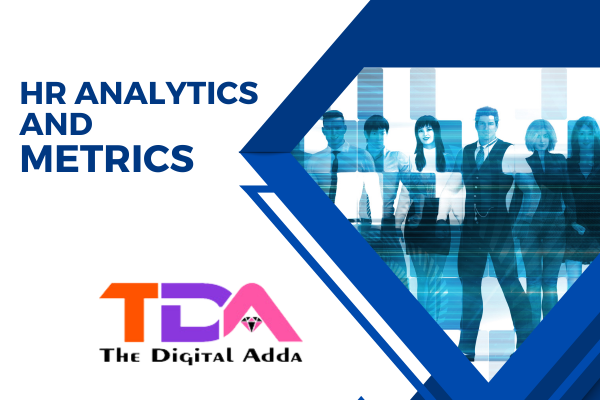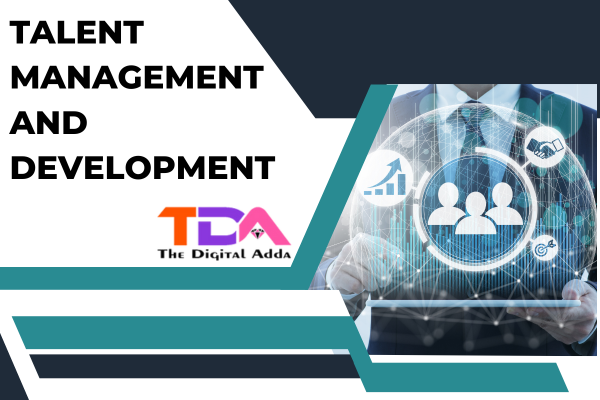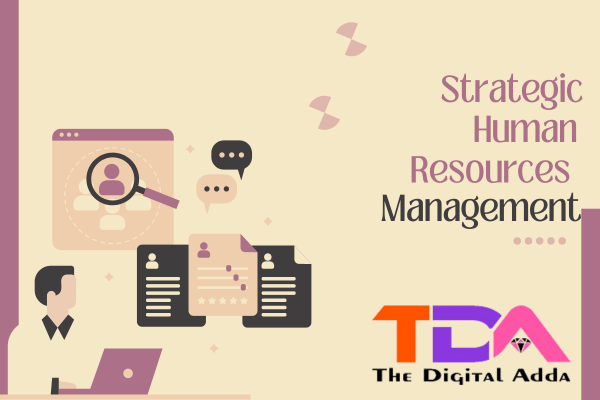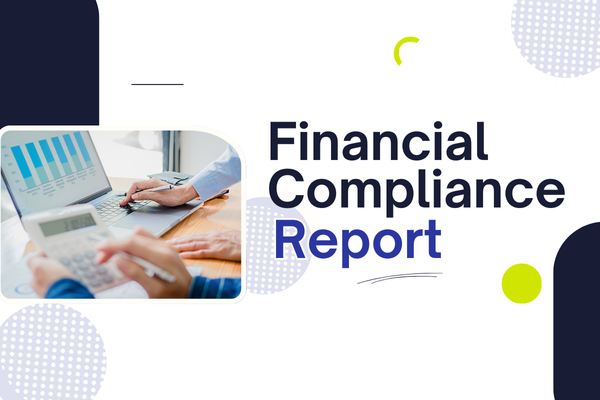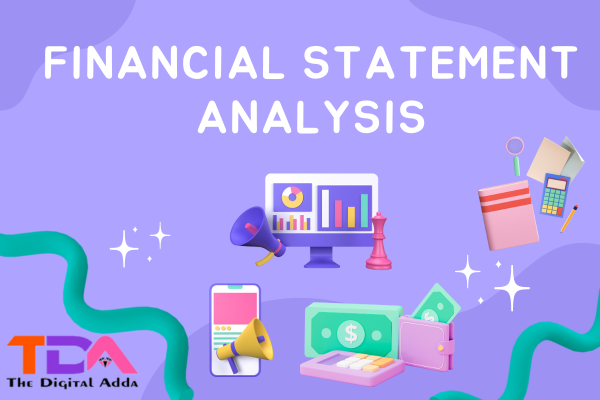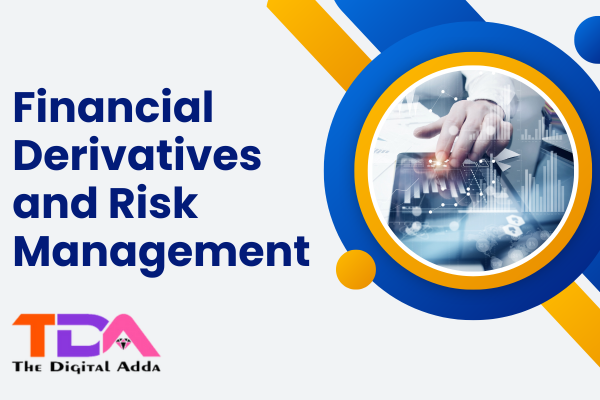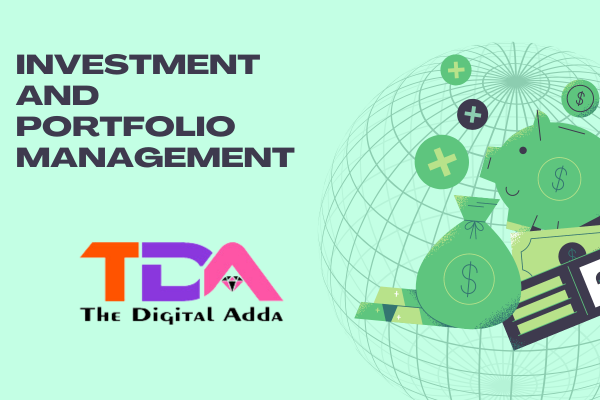DevOps: Docker, Kubernetes and Terraform Certification – The Digital ADDA
DevOps is a set of practices, principles, and tools that aim to automate and streamline the processes of software development, testing, deployment, and operations. Docker, Kubernetes, and Terraform are three essential tools in the DevOps toolkit that help achieve these goals:
- Docker:
- Containerization: Docker is a containerization platform that allows you to package an application and its dependencies into a standardized unit called a container. Containers are lightweight, portable, and ensure that applications run consistently across different environments.
- Isolation: Containers provide process and resource isolation, which means you can run multiple containers on a single host without interference. This isolation helps in achieving consistency and reducing conflicts between applications.
- Portability: Docker containers can run on various platforms, including development laptops, on-premises servers, and cloud environments, making it easy to move applications between different infrastructure setups.
- Version Control: Docker images, which are used to create containers, can be versioned and stored in a container registry, allowing for easy sharing and tracking of application versions.
- DevOps Benefits: Docker accelerates the development-to-deployment pipeline by ensuring that applications work consistently from development to production. It simplifies application deployment, scaling, and management.
- Kubernetes:
- Container Orchestration: Kubernetes, often abbreviated as K8s, is a container orchestration platform. It automates the deployment, scaling, and management of containerized applications.
- Cluster Management: Kubernetes operates in a cluster configuration, where multiple machines (nodes) work together to manage containers. It handles tasks such as load balancing, scaling, and monitoring.
- Self-Healing: Kubernetes monitors the health of containers and can automatically replace or reschedule them if they fail. This self-healing capability ensures high availability.
- Service Discovery and Load Balancing: Kubernetes provides built-in service discovery and load balancing, allowing applications to find and communicate with each other easily.
- Rolling Updates and Rollbacks: Kubernetes supports rolling updates and rollbacks of application versions, making it safer to deploy changes without service downtime.
- Multi-Cloud and Hybrid Cloud: Kubernetes can manage containers across various cloud providers and on-premises data centers, providing flexibility and avoiding vendor lock-in.
- Terraform:
- Infrastructure as Code (IaC): Terraform is an IaC tool that allows you to define your infrastructure as code using a declarative language. You can describe your desired infrastructure state, and Terraform will provision and manage resources to match that state.
- Multi-Cloud and Multi-Provider: Terraform supports multiple cloud providers, such as AWS, Azure, Google Cloud, and more. It also supports on-premises infrastructure and third-party services.
- Version Control and Collaboration: Terraform configurations can be versioned and stored in source code repositories, making it easy for teams to collaborate on infrastructure changes.
- Modularity and Reusability: Terraform encourages modularity by allowing you to create reusable modules for infrastructure components, which can be shared across projects and teams.
- Plan and Apply: Terraform provides a “plan and apply” workflow. You can preview changes (plan) before applying them to your infrastructure, reducing the risk of unintended changes.
- Immutable Infrastructure: Terraform promotes the concept of immutable infrastructure, where infrastructure changes are made by creating entirely new resources rather than modifying existing ones.
Together, Docker, Kubernetes, and Terraform enable DevOps teams to automate the deployment and management of applications and infrastructure, leading to increased efficiency, scalability, and consistency in software development and operations. These tools are widely adopted in the DevOps community and are crucial for modern cloud-native application deployment and management.




